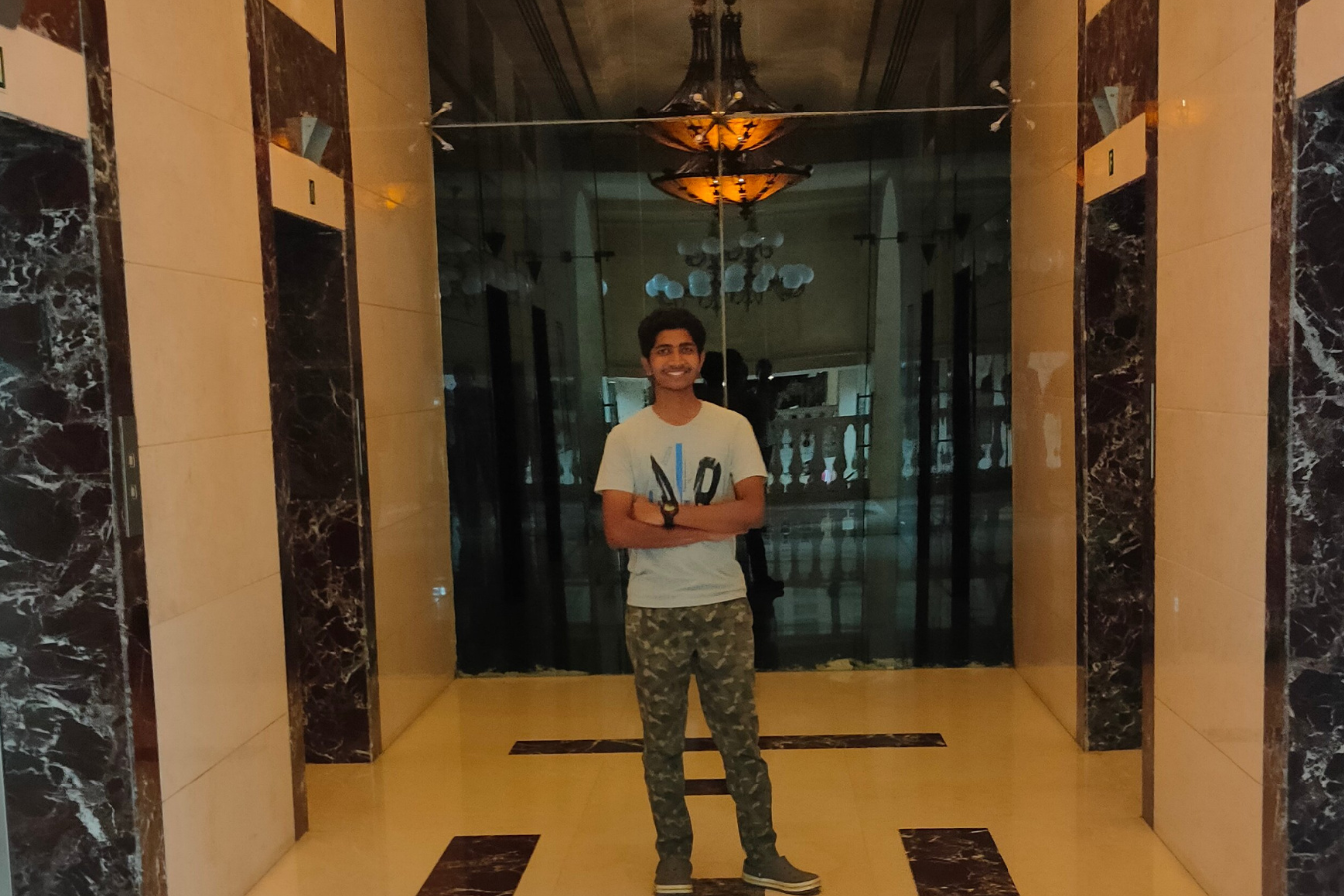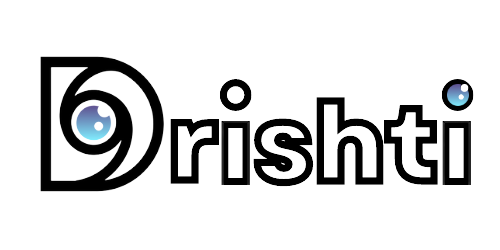
Shashank P, a fourth-year Computer Science Engineering student, takes you on a journey through his immersive internship experiences at Quantrium and Arista Networks. In this blog, Shashank not only shares his internship anecdotes but also dishes out valuable tips for a stellar internship journey. If you're a junior or new to the world of internships, this is your guide to navigating the internship maze successfully.
Introduction
Hey there! I’m Shashank P, writing this in my fourth year of CSE. I had an excellent time doing two summer internships – four months at Quantrium in ‘22 and the other two months at Arista Networks in ‘23. I’m writing to share my internship stories and some tips to help you have a great experience. So, if you’re a junior or new to this internship thingy, keep reading for helpful insights!
Why Internships?
First, let’s discuss why internships are helpful, be it a research internship or in a company. Firstly, they help you figure out what you’re into. Think of them as a small peek into different fields, helping you decide what suits you best. The funny thing is when I applied to Quantrium in the Summer of ‘22, I wanted an AI/ML internship (thanks to all the hype 😆), but my interview turned me towards a software development role. I considered negotiating the role, but the manager’s advice was, “Give it a shot”, and it was a fantastic experience. Secondly, internships let you show off skills that you might not learn in class. For example, how you work with a team, communicate with colleagues, and manage your time. It’s like putting your abilities on display in the real world. And don’t forget about networking – it’s like building up your list of professional contacts, which could help you later.
How did I apply?
I mostly applied to companies through the CDC (Career Development Cell) and secured both internships via the CDC. However, I also explored off-campus companies. I had no clear field of interest or substantial project experience in my second year. Consequently, my resume only had prior education, course projects, soft skills, and coursework (around half a page 😅). In my third year, I decided to participate in tech events, got into a research project, and worked on an off-campus project. These experiences worked well for my resume; when I applied for Arista Networks in the Summer of ‘23, I could refine my resume to the role I was targeting. For those just starting, don’t worry too much about stipends. Instead, work on researching companies, connecting with experienced seniors, and, most importantly, keeping an open mind to learn new skills.
How was my Interview?
Both my interviews had a similar structure, beginning with resume shortlisting, which mostly all successfully cleared. This was followed by an online test. Upon passing the online test, candidates proceeded to a one-on-one technical interview with the manager and an HR interview. The online test primarily assessed speed, data structures, and algorithm skills. Though DSA is important during technical interviews, more weightage is given to how you approach a new problem. Interestingly, I’ve heard about instances where interviewers asked candidates to skip questions they were already familiar with. In my case, during both interviews, I needed help to solve the problems presented. Instead, I explained my thought process step by step, emphasising understanding over hurried coding. Feel free to seek clarification from the interviewer if you feel any ambiguity.
Focus on technologies you’re well-versed in. Interviewers might delve deeply into these areas. So, rather than skimming through multiple technologies, working on a few critical technologies is better. The HR interview usually focuses on your previous projects, teamwork experiences, and how you align with the company’s culture. This is your opportunity to understand the company better. Feel free to inquire about ongoing projects, the company’s work culture, and related details. Finally, confidence is essential. Dress appropriately and maintain an interactive session.
Internship Experience
Let’s start with my first stint at Quantrium, a new AI startup that went remote due to COVID-19. Interning at an actual company was a unique experience for me. Fortunately, they offered a two-week crash course in backend development (covering the basics like Python and tools like Kafka and Docker) with daily mentorship. I admit that the first few weeks were hectic. Software development was a new territory for me – far from the fixed deadlines of class assignments. My project was to create an Authentication and Authorisation system (think usernames, passwords, permissions, etc.). Surprisingly, there weren’t strict deadlines. Instead, they encouraged creative problem-solving. I quickly learned the importance of asking questions and discussing solutions. It turned out that even the manager sometimes didn’t have a clear vision of the complete software. A critical insight was the significance of communication to avoid rewriting code (which happened to me a few times 😢).
Coming to my Arista Internship. This was an exciting experience in Bangalore – a traditional setting with no remote work. My friend and I got in, though we worked on different projects. I partnered with someone for a project that provided insight into how things operate in larger companies. They had their setup – servers, their own programming language (which you won’t find online), and more. The exciting part was that the projects individual interns worked on would be distributed for public use in the next release, and every line of code underwent automatic testing and mentor review to ensure that you did not goof up. The overall office atmosphere was pleasant, with a gaming room and cafeteria that offered free snacks. The mentors were incredibly helpful and responsive, and I gained a deep understanding of Arista technologies during this time.
Skills and Insights You’ll Gain
The more projects, internships, and work experience, the higher the chances of future opportunities. During the four months at Quantrium, I learned more about software than in course projects and assignments. I also received recommendation letters from the manager in Quantrium, which helped my future endeavours. Due to my experience in Quantrium, I could adjust to Arista Networks culture quickly, and I (and my friend) even received an offer for an extension in the 8th semester.
Offline internship means more than just a 9-to-5 job. It allows you to explore the city and make new friends at the same time. For example, navigating the traffic in Banglore literally felt like applying the shortest path algorithm. The internship also helped me improve my communication and presentation skills.
Apart from the internship, I visited lakes and parks and watched movies with other friends from college. I also roamed Bangalore with my sister. I also got to talk to people with years of experience from across India, which helped me understand, listen and appreciate differing viewpoints.
What Next?
Internships have taught me many skills, both personally and professionally. I plan on pursuing a career in Backend development, but I have yet to find a specific area of interest (it is a vast subject). I thank the CDC team for coordinating with companies for a smooth onboarding process. Feeling overwhelmed sometimes is natural; don’t hesitate to seek guidance from mentors, seniors, or professors. They can offer valuable insights and direct you to helpful resources. Remember, you’re not alone on this journey – many people are happy to help you!
All the Best!
The views presented above are the blogger’s own and are not in any manner representative of the views of Drishti or IIT Dharwad in general.




 Never miss a story from us, follow us on our handles!
Never miss a story from us, follow us on our handles!
Comments